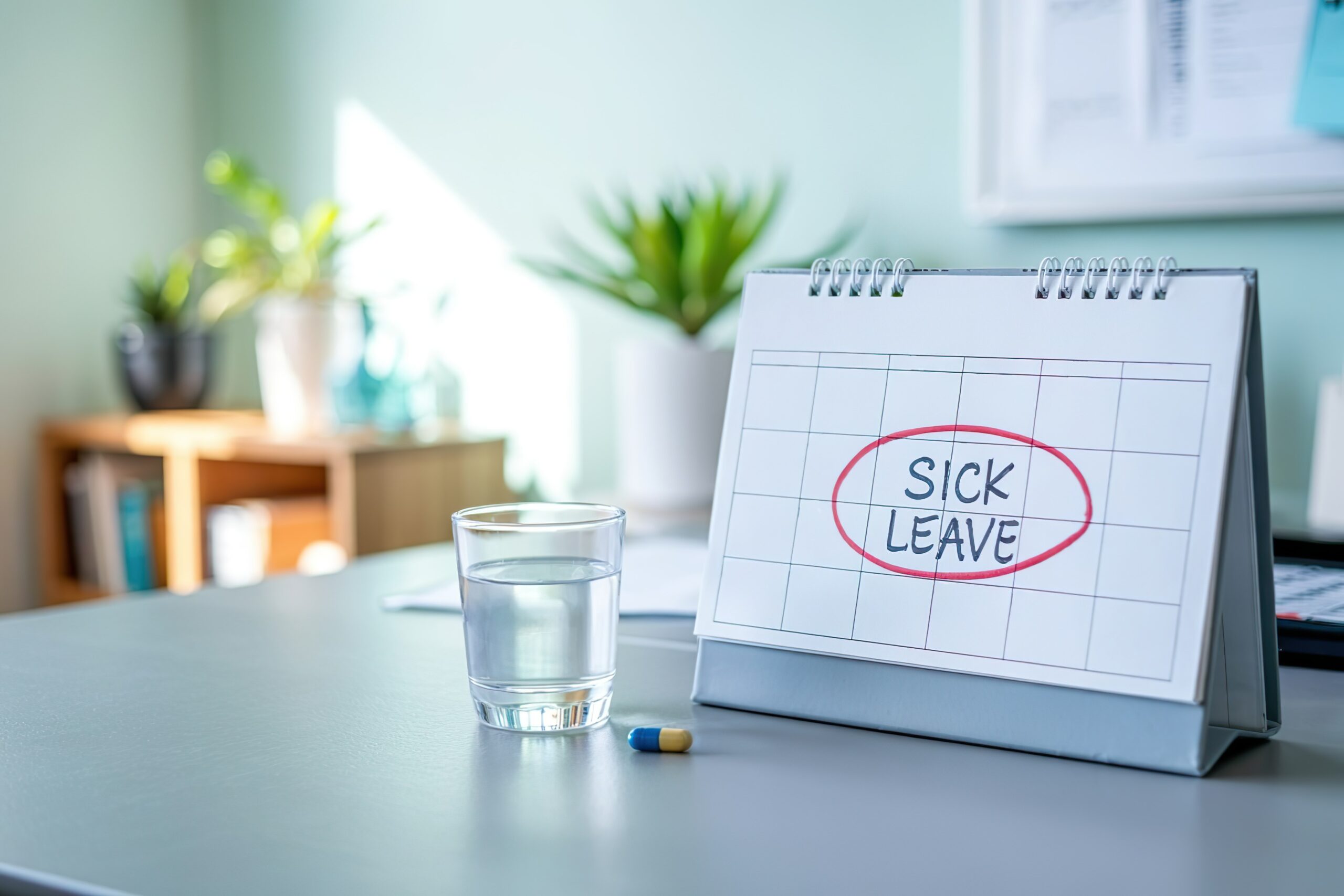GPs Pilot ‘Sick Note Reform’ to Prioritise Recovery Over Absence

In a headline-grabbing shift, the UK government has launched a pilot scheme to reform the issuing of sick notes, empowering GPs to offer job coaching, gym referrals, and structured support instead of simply signing patients off work.
The move forms part of a broader strategy to tackle long-term economic inactivity, particularly for those with physical or mental health challenges.
Key Details
- Pilot Scope: Running in 15 regions, the pilot embeds work and health coaches within GP practices to support tailored recovery and reintegration plans.
- Referral Options: GPs can refer patients to services like physical activity programmes, counselling, employment guidance, and community rehabilitation.
- Behavioural Framing: The goal is to shift the narrative from “being written off” to “being set up for success,” making the health system a launchpad rather than a barrier to work.
- Technology & Tracking: Data dashboards will monitor outcomes and patient journeys, informing potential nationwide rollout if successful.
Health Secretary Wes Streeting said the programme reflects a determination to “break the cycle of absence and empower patients to reclaim their independence.”
What It Means for the Health Sector
This initiative places primary care at the centre of a new health-work interface, redefining its role from diagnostic gateway to proactive recovery partner. For GPs, it requires:
- Expanded skillsets, including motivational interviewing and social prescribing
- New partnerships with employers, gyms, councils, and voluntary organisations
- Systems redesign to streamline referrals and track multidisciplinary outcomes
While some worry about burdening already stretched practices, proponents argue that early intervention and empowerment could reduce repeat visits, dependency, and downstream costs.
More broadly, the pilot challenges long-held assumptions about fitness for work, nudging the sector to consider not just whether someone can return but how best to support them through that journey.
If successful, it could usher in a new era of rehabilitative primary care that balances medical realism with aspirational recovery.

